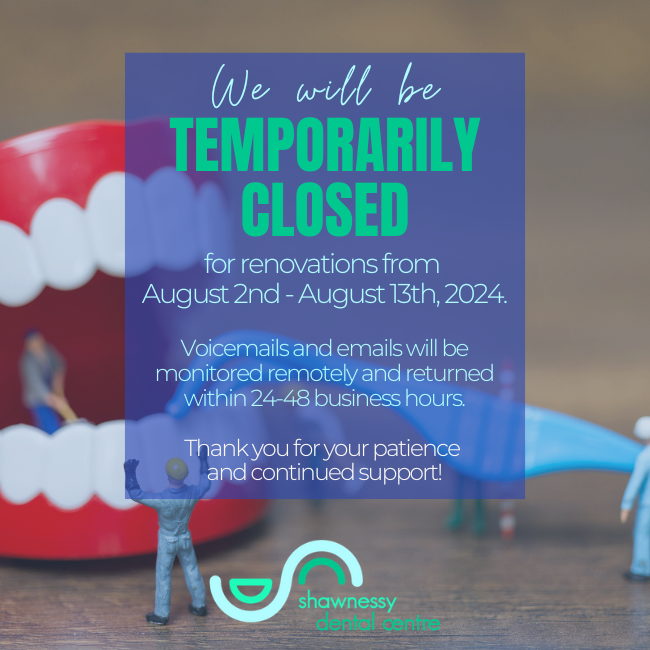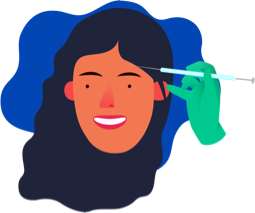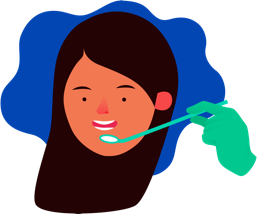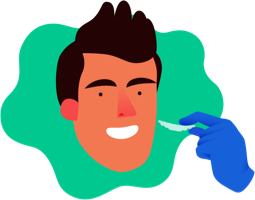Sleep apnea is a condition that occurs when a patient’s breathing is periodically disrupted during sleep. If left untreated, this serious condition can cause you to stop breathing repeatedly while sleeping, disrupting oxygen flow to the brain and the rest of the body.
Individuals with sleep apnea have a higher risk of developing heart problems, high blood pressure, liver problems, type 2 diabetes, metabolic syndrome, and other serious conditions.
If you suspect that you might be suffering from sleep apnea, or know you have sleep apnea and are looking for treatment, please make an appointment with your dentist.







